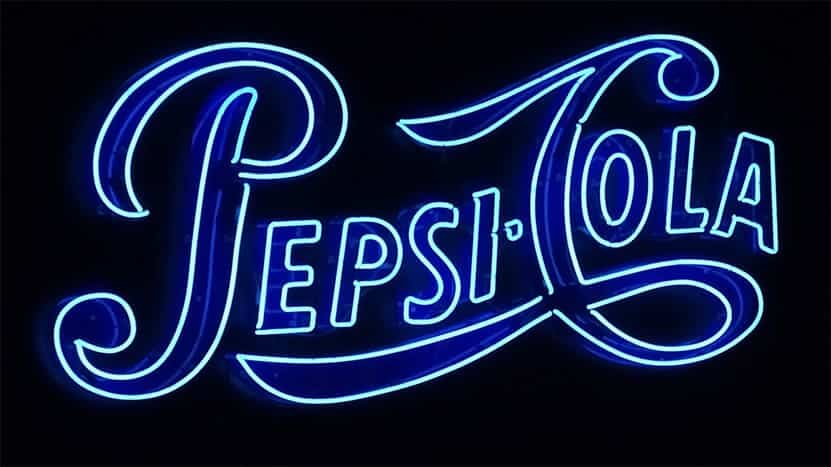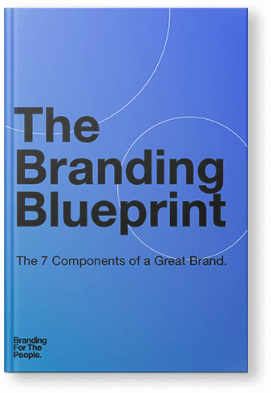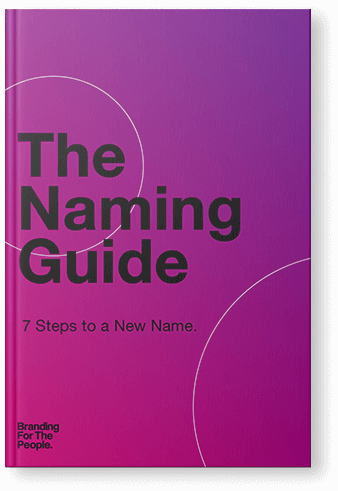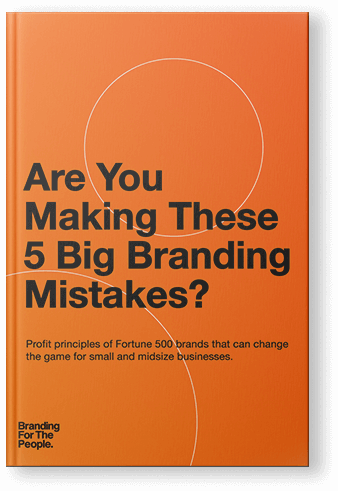In a blog entry about the subject, Seth Godin, a guest blogger on DuetsBlog.com, writes, “With great cost and hassle, fledgling entrepreneurs […] who have finally gotten their business off the ground now have to dig in to either fight a huge law firm and their misguided but well-funded lawyers–or spend the money to change what they already built.”
There are a couple of problems with this, but most importantly: you can’t trademark the word entrepreneur. At least not the way Entrepreneur Magazine is trying to. Why not? Read on to learn more.
What is a trademark?
A trademark is defined by the US Patent and Trademark Office as “a word, phrase, symbol, and/or design that identifies and distinguishes the source of the goods of one party from those of others.” The term is generally used to refer to the lesser known “service mark,” which differentiates a business providing goods with one providing services.
Trademarking your brand, you don’t need to register a trademark or any other form of branding to enjoy its legal protections. Simply using the mark—which generally means a logo, brand name, slogan, or other identifying device—grants you common law rights. And trademarks, unlike patents and copyrights, never expire (as long as the proper paperwork is periodically filed).
Patents and copyrights are similar in that they’re intended to protect intellectual property rights. Patents protect inventions, and copyrights protect literary, artistic, musical or film material. Both expire after a set period of time.
Apple vs Apple.
The thing about Entrepreneur Magazine’s ill-advised attempt to prevent others from using the word “entrepreneur” is that you can’t trademark generic words. Under US trademark law, generic words (like apple, or entrepreneur) are not registrable, which means you can’t stop anyone from using them.
In fact, Apple Computer (now Apple, Inc.) famously sued Apple Records, which was owned by The Beatles. Apple Computer didn’t win—in fact, they ended up paying Apple Records a settlement to put the case to bed. They did reach an agreement that basically stated Apple Records wouldn’t go into the computer business, and Apple Computer wouldn’t go into the music business.
You can’t trademark a common word. Combine that word with the name of a product, (such as Apple Computer or Apple Records) and you’ve got a trademark.
If an entrepreneur made a smartphone and called it the Entrepreneur Phone, they might have a defensible trademark.
Likewise, if someone else started a company using the name Entrepreneur Magazine, they could sue over that as well.
But just the word “entrepreneur”? Not a chance.
Though it remains to be seen what will happen with Entrepreneur Magazine’s threats, trademark law is pretty well defined in this area (though well-paid lawyers can make defending a trademark ultimately not worth the effort for small business owners, so it remains to be seen how this plays out).
Registration: A good idea.
Though you don’t need to register your trademark in order to have it protected, it’s a good idea to do so, as registration brings benefits that common law use doesn’t. By registering your trademark, you create a public record of your trademark, a nationwide “legal presumption” of ownership, and exclusive rights to use the trademark for goods or services defined by the registration.
If there’s a business out there called Entrepreneur Consulting (or Entrepreneur Bicycles, or Entrepreneur Bar & Grill, for that matter), their legal defense against something like those cease and desist letters would be substantially easier if they’re registered.
It’s a good idea to trademark your business’s name as soon as possible if you want to protect it and prevent other people in similar lines of business from using the same name, logo, or other identifying characteristic. The trademark registration process even includes an existing trademark search that will ensure you’re not infringing on an already established trademark, and to ensure that the word, phrase, logo or other mark you’re trying to register doesn’t already exist.
If you are running a company already named something like, say, Apple Records and you later find out that there’s another (much more famous) Apple Records in existence, you not only have to change the name of your company (and all of your branded marketing collateral and touch points), but you have to terminate selling products or services under that name—and recall any products already on the market with that name attached to them. Clearly, this can be an expensive endeavor if you’re put in this situation.
On the other hand, if you spend years of effort and untold resources making your company a success in its field and another company comes along with the same or very similar name? You can protect your trademark (and your exclusive ability to sell goods and services under that name) by filing a lawsuit against the newcomer.
In sum, trademarking is a good idea to protect your brand as an asset. We recommend consulting with a trademark attorney in this department. However, we also recommend conducting an initial search via Google, Bing, Yahoo, Amazon, Ebay, Yelp, and any other industry specific searches on your own first. This will help narrow down a potential trademark candidate before hiring a trademark attorney. Here are two relevant links you can use to begin the search for registered trademarks: TrademarkNow’s Examatch and/or United States Patent and Trademark Office’s TESS.







